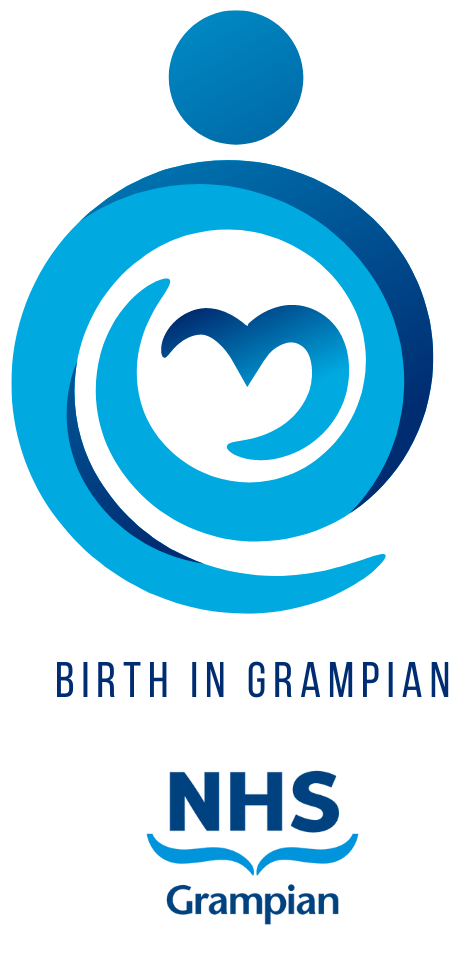Contents
These tests are offered to women whose screening tests show they have a higher chance of being a carrier for sickle cell or Thalassaemia. Or whose baby has a higher chance of having a genetic condition found through bloods or scans.
There are two types of diagnostic tests
- Chorionic villus sampling (CVS)
- Amniocentesis
Diagnostic tests can tell you if your baby has a genetic condition. However diagnostic tests carry a risk of miscarriage. It is important to know that the choice of whether to have the diagnostic test is yours. Your midwife, doctor or screening midwife will talk it through and answer any questions that you have. They will support you to make decisions that feel right for you. Other sources of information and support are listed in this website.
Chorionic villus sampling (CVS)
This test can be done from 11 weeks of pregnancy in Aberdeen Maternity Hospital.
An obstetrician will guide a fine needle through your abdomen, with the help of an ultrasound scan, and take a small sample of tissue from the placenta.
Chromosomes from the placenta can be counted from this sample. For two in every 100 samples you will not get a clear result. If this happens, we may ask that you attend again for another sample to be obtained. It is your choice to decide if you want this test repeated or not.
Amniocentesis
An amniocentesis can be carried out from 15 weeks of pregnancy.
An ultrasound scan will check where your baby is lying in the womb. An obstetrician will then guide a fine needle through you abdomen into your womb. This allows the doctor to take a small sample of fluid surrounding your baby (called amniotic fluid).
Chromosomes from the placenta can be counted from this sample. For one in every 100 samples you will not get a clear result. If this happens, we may ask that you attend again for another sample to be obtained. It is your choice to decide if you want this test repeated or not.
How safe are diagnostic tests?
CVS and amniocentesis are not completely safe, but they are the only way to know if your baby has a condition whilst you are still pregnant. It is your choice and your midwife of doctor will support you with whatever you decide.
For every 100 women that have a CVS or amniocentesis less than one will have a miscarriage (0.5%).
Are the diagnostic tests painful?
Many women find these tests uncomfortable and experience cramping for a few days, and you can take paracetamol for this. You should take things easy and avoid hard exercise for a day or two afterwards. If the discomfort carries on beyond this, or if you have any other worries, please contact Rubislaw ward on 01224 558855
What happens if the diagnostic test finds a health condition?
If your baby has a health condition the screening midwife or a member of the scanning team will contact you about your result and give you time to understand what this means. Some parents decide to continue with the pregnancy, while others will feel that ending a pregnancy is right for them. Only you can decide what is best for you and your family. Your midwife, doctor or screening midwife will help you get the information you need and will support your decision.
